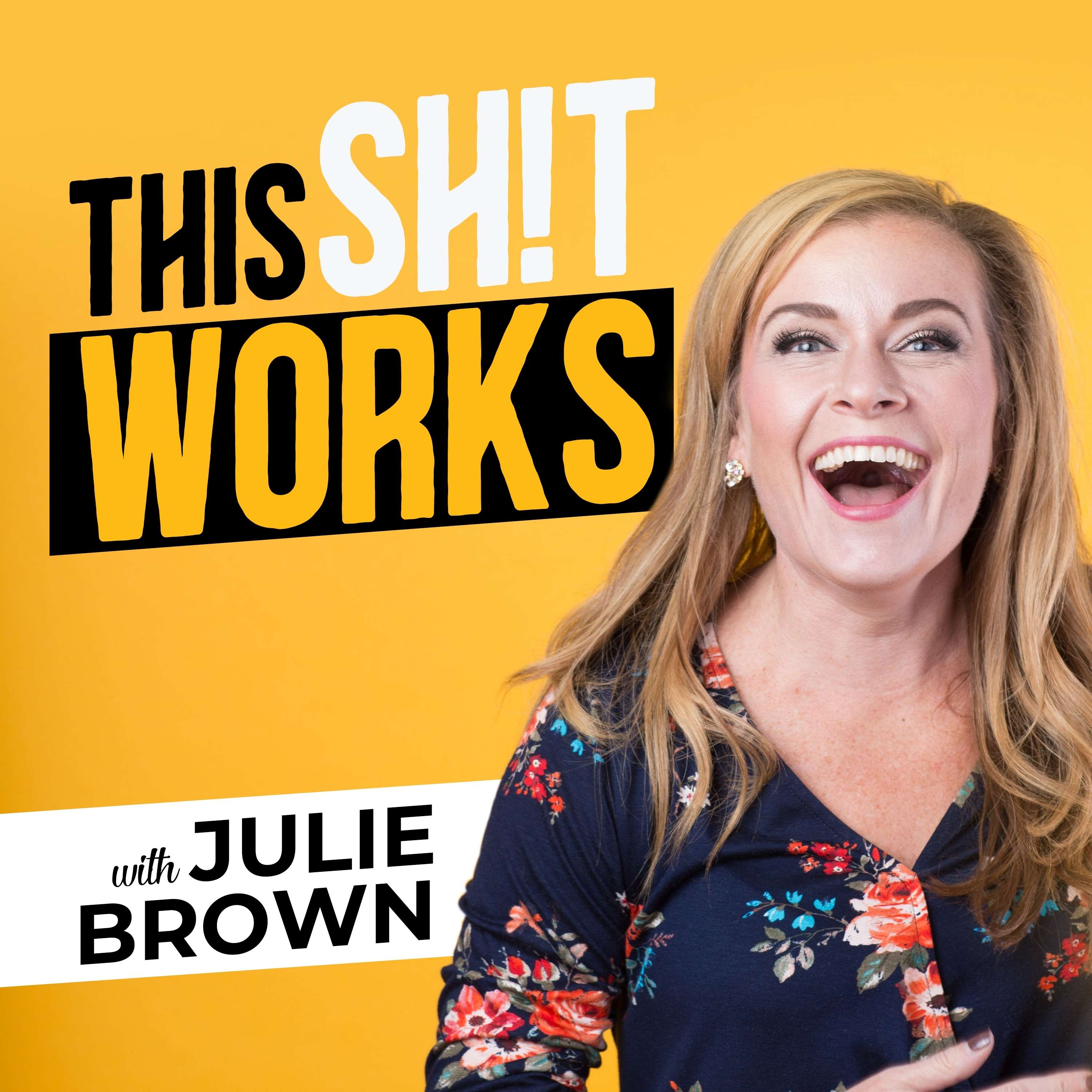Episode 142
5 Reasons Why Your Diversity Statement is Turning Candidates Off
The first known diversity statement was published in 1987 by Xerox Corporation which declared its commitment to diversity and its belief that a diverse workforce was essential for business success.
In the wake of the Black Lives Matter and #MeToo movements, companies rushed to create DEI statements that were posted on their websites, career pages and social media accounts.
Listen in to learn why studies show that your company DEI statement could actually be turning candidates off from your company.
Drink of the week… Black Girl Magic Wines from the McBride Sisters
If you liked what you heard today, please leave a review and subscribe to the podcast. Also, please remember to share the podcast to help it reach a larger audience.
CLICK TO DOWNLOAD CHAPTER ONE AUDIO FREE
Click to SIGN UP FOR MY NEWSLETTER
Julie Brown:
Transcript
Diversity equity and inclusion statements have been around for
Julie:several decades, but they have gained significant prominence and attention
Julie:in recent years due to the growing focus on DEI issues in society.
Julie:Particularly in the week of the black lives matter.
Julie:And me too movements.
Julie:This has led many organizations to renew their commitment to diversity,
Julie:equity and inclusion, and putting more effort into developing DEI statements.
Julie:Welcome to episode 1 42 of this shit works.
Julie:The podcast dedicated to all things, networking, relationship
Julie:building and business development.
Julie:I'm your host, Julie Brown.
Julie:Speaker author and networking coach.
Julie:And today I am discussing why your diversity statement.
Julie:I could be turning off your candidates.
Julie:The first known diversity statement was published in 1987 by Xerox corporation,
Julie:which declared its commitment to diversity and its belief that a diverse workforce
Julie:was essential for business success.
Julie:In the wake of the black lives matter.
Julie:And me too, movements company rushed to create DEI statements, statements
Julie:that were posted on their websites, career pages and social media accounts.
Julie:I recently came across an article in Harvard business review.
Julie:That was based off the findings of a forthcoming study in
Julie:the journal of personality.
Julie:And so-so psychology titled the business case for diversity backfires.
Julie:Detrimental effects of organizations, instrumental diversity rhetoric
Julie:for unrepresented group members.
Julie:Sense of belonging.
Julie:This study analyzed the diversity statements of fortune 500 companies and
Julie:found that the vast majority about 80% cited the business case for diversity
Julie:or the potential benefits it can bring to the organizational performance.
Julie:While only one to 5% invoked fairness.
Julie:The rest.
Julie:Just gave no justification.
Julie:The study went on to find that among all the underrepresented
Julie:groups in various experiments.
Julie:LGBT Q plus professionals African-Americans and women
Julie:seeking jobs in stem fields.
Julie:Reading about the business case, reduced their , anticipated sense
Julie:of belonging and diminish their interest in working in the firm.
Julie:Here on my thoughts on why your diversity statement may be turning away the very
Julie:candidates you hope that it will attract.
Julie:One lack of authenticity.
Julie:Many diversity statements are viewed as generic and insincere.
Julie:Candidates want to see real action and outcomes from a company
Julie:rather than just words on a page.
Julie:Two.
Julie:Tokenism candidates may see diversity statements as a way
Julie:for a company to merely check a box and avoid negative publicity.
Julie:This can come across as disingenuous and unappealing.
Julie:Three.
Julie:Inconsistency.
Julie:If a company's actions don't align with the diversity statement, candidates
Julie:will feel less likely to trust the company's commitment to diversity.
Julie:And inclusion.
Julie:Four.
Julie:Lack of clarity.
Julie:Some diversity statements may use vague or even confusing language that
Julie:feels to communicate the company's goals and values effectively.
Julie:This can be frustrating and unappealing to candidates.
Julie:We're looking for a clear understanding of a company's diversity.
Julie:Versity and inclusion initiatives and why they're doing them.
Julie:And five.
Julie:Lack of diversity in leadership.
Julie:I mean, if a company's leadership team is not diverse, candidates may see the
Julie:diversity statement as empty rhetoric.
Julie:Without diverse representation in leadership, it can be difficult
Julie:for candidates to trust.
Julie:The company is genuinely committed to promoting diversity.
Julie:And inclusion.
Julie:So.
Julie:Overall.
Julie:Yeah.
Julie:A diversity statement is a essential tool for promoting inclusivity
Julie:and attracting diverse talent.
Julie:But it needs to be authentic and clear and backed up by
Julie:real actions from the company.
Julie:Otherwise it is just that it's words on a page and empty rhetoric.
Julie:And that could be turning off your candidates.
Julie:Okay.
Julie:Onto the drink of the week, which for the first time in a long time
Julie:is not a cocktail, but a wine.
Julie:I chose to highlight the McBride sisters.
Julie:And there are black girl magic wines.
Julie:And an industry historically defined by tradition and gender.
Julie:These two fierce forward thinking, women are transforming the industry
Julie:and leading by example, one delicious bottle of wine at a time.
Julie:Growing into what is not only the largest black owned wine company in
Julie:the United States, but one of the most inclusive, accessible and socially
Julie:aware and sustainable ones as well.
Julie:I'm not going to pick one of their wines because honestly, They're
Julie:all their wines are so good.
Julie:And I wanted you to check out their entire portfolio.
Julie:So I'm putting a link in the show notes to their websites.
Julie:You can learn more about their delicious wines and perhaps
Julie:even join their wine club.
Julie:If you want.
Julie:All right.
Julie:That's it for this week, friends.
Julie:If you like what you heard today, please leave a review
Julie:and subscribe to the podcast.
Julie:Also, please remember to share the podcast to help it reach a larger audience.
Julie:If you want more, Julie Brown, you can find my book.
Julie:This shit works at Amazon and Barnes and noble.
Julie:You can find me on LinkedIn, actually brown BD.
Julie:Just let me know where you found me when you reach out.
Julie:I'm Julie Brown underscore BD on the Instagram, or you can
Julie:pop on over to my website.
Julie:Julie Brown bd.com until next week.
